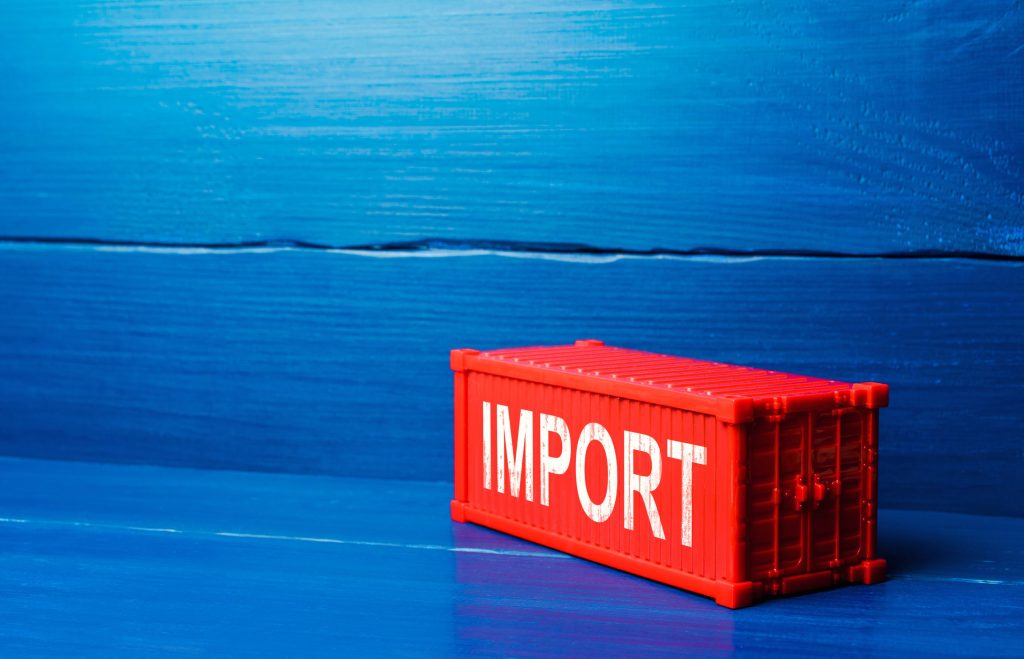Starting an import-export business in the Philippines has become more practical and promising than in previous years. With steady trade growth and stronger economic positioning, the country is becoming more attractive to both local and foreign investors. Opportunities are expanding across industries, supported by ongoing efforts to improve systems and open access to global markets.
Here’s what’s shaping the current landscape for import-export growth in the Philippines.
Trade Access is Growing
The Philippines is now part of several trade agreements that make cross-border transactions easier and more cost-efficient. These partnerships lower duties and simplify customs procedures, giving local businesses easier entry into global markets. Entrepreneurs who engage in international trade can now move goods with fewer barriers, supported by better coordination across regional partners.
Ownership Rules Are Easing
Foreign entrepreneurs are gaining more freedom to invest. Recent reforms allow full ownership in a broader range of industries, opening more space for international business operators to establish local presence. This shift encourages more stable and long-term business planning, especially in areas tied to logistics, supply chain, and trade.
Incentives Are Favoring Trade
The government is providing tax breaks and monetary incentives to companies involved in import and export. Agencies such as BOI and PEZA offer reduced tax rates, customs perks, and other support for businesses that meet specific criteria. These incentives help reduce initial expenses and improve financial flexibility during the early stages of operation.
Private Sector Support is Stronger
Private enterprises now receive more active support from local agencies. Programs focused on training, export-readiness, and funding give entrepreneurs practical tools to succeed. Businesses are now engaging more effectively with trade opportunities through public-private partnerships and direct outreach efforts.

The Conditions Are Aligned
With more market access, flexible foreign ownership policies, fiscal incentives, and better institutional support, the timing is favorable for launching trade operations. These factors align to reduce risk, shorten lead times, and strengthen access to both suppliers and buyers. For those aiming to enter global markets with lower barriers, the Philippines offers both opportunity and support.
Businesses in need of an importer of record Manila Philippines can now find more structured and compliant pathways to bring in goods efficiently.Those looking to operate as an exporter of record Manila Philippines can also benefit from streamlined systems and wider access to foreign buyers.